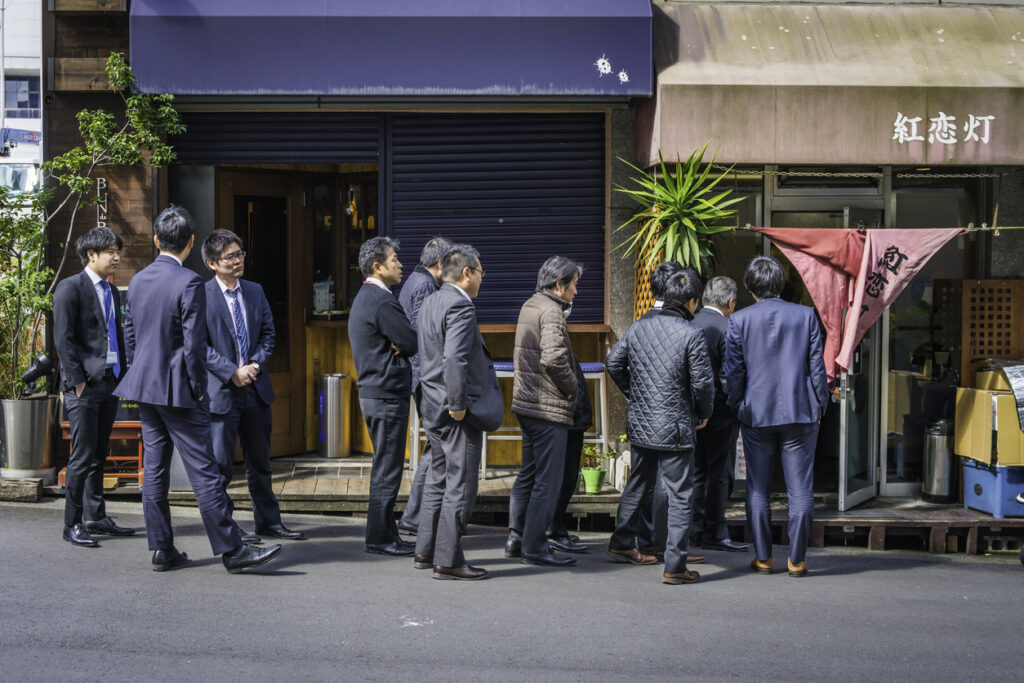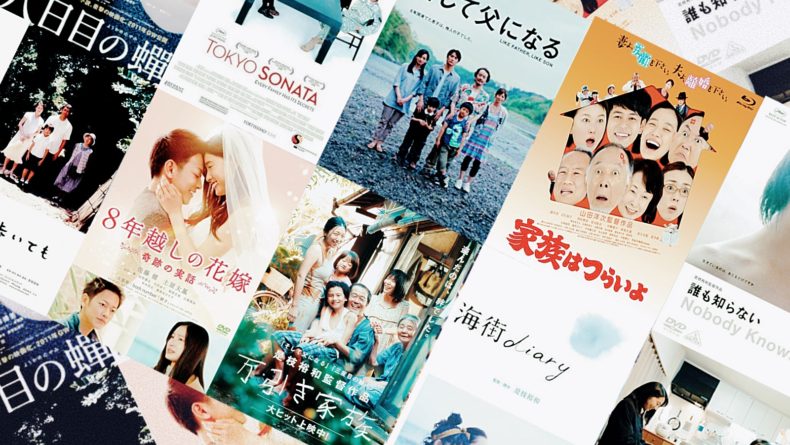Things To Keep In Mind Before Marrying A Japanese Salaryman
Be Prepared To Communicate And Compromise
Understanding your Japanese partner’s work culture is the first step to building a stronger relationship with them.
According to my Japanese husband, Japanese people have a strong work ethic. Seeing how hard he works at his job makes me believe him. As someone who worked in one of the most successful Indian digital startups, I can relate to the intricate work culture in Japan. Working on tight deadlines and in a high-pressure environment, it is natural to get consumed by work.
I also realized that this type of relationship might not be ideal for every foreigner. You may have to learn more about their professional background to develop a deeper relationship with them. If you are considering marrying them and moving to Japan, let me advise you first—based on my own experience.
Long hours at work = less couple time
 © Photo by iStock: Chaay_Tee
© Photo by iStock: Chaay_TeeCompany loyalty is highly appreciated and encouraged in Japan. The longer employees stay at the office, the more hardworking they are perceived by the company. Some will not leave the office until their manager is done for the day, too. Although this quality is admirable from a corporate standpoint, it may negatively impact personal lives outside of work. Without a proper work-life balance, it becomes very difficult to meet the emotional needs of others.
How to deal with it
- Find the time to do things together
- Make a conscious effort to follow through on your plans
In my experience
Due to our busy schedules, my husband and I do our best to work around the time we have left. Either dinner or breakfast, we always have one meal together. If we have more time on our hands, we hit the gym, watch a show on Netflix or go out for a walk at night.
The infamous ‘drinking nights’
 © Photo by iStock: recep-bg
© Photo by iStock: recep-bgNomikai (drinking parties) are an essential part of the work culture in Japan. These drinking gatherings allow employees to blow off steam and bond with their co-workers. Coming home late and intoxicated could be problematic to your relationship if you don’t have the nomikai culture in your country. At times, you can’t entirely blame your Japanese partner for joining these gatherings. Depending on their office rank, they may not be in the position to opt out of these drinking parties. If they do, it could hamper their relationships at work.
How to deal with it
- Suggest compromises. If you can’t stop them from attending, then they can at least limit their alcohol intake, keep you in the loop or update you on their whereabouts.
- If your partner does come home intoxicated, avoid arguing. It will only complicate things. The wisest thing to do is to sleep over it. Address the issue calmly the following morning.
In my experience
Socializing and building a professional network is important for any profession. I understand that nomikai events help my husband socialize with his team and build stronger bonds at work. If we do go out without the other, we make sure to share our locations and an emergency contact just in case our phones become unreachable. This open line of communication helps us stay on the same page.
Living dual lives
 © Photo by iStock: fotoVoyager
© Photo by iStock: fotoVoyagerAccording to my husband, Japanese people are selective about who they let into their inner circle. They rarely mix their personal and professional lives to maintain harmony and tranquility.
How to deal with it
- Respect your partner’s decisions and views. They are the building blocks for a rock-solid relationship. After all, each of us manages our outside relationships differently.
- Don’t mirror your partner’s actions if they do not resonate with yours. Don’t hesitate to introduce your partner to your close and trusted colleagues. You never know, he may feel inspired to do the same. And if not, it’s nothing to be offended by.
In my experience
My husband and I are both transparent about our professional and personal lives. Although we have met each other’s colleagues before, it is rare for us to hang out together. Maintaining healthy boundaries between work and home is essential to both of us. When we are together, we try not to talk about work (unless one of us wants to share something in particular about our day). We focus more on spending time with ourselves and doing activities we both enjoy.
Expect plenty of business trips
 © Photo by iStock: krblokhin
© Photo by iStock: krblokhinThere’s a Netflix show called Bullet Train Bistro. It’s about a salaryman who travels around Japan for business and treats himself to delicious food while traveling back home in a shinkansen (bullet train). I watched this show wondering how his family coped when he was not home. His busy schedule could have easily caused him to miss numerous important family events. Also, his spouse has to do most of the housework and child-rearing.
It seems this is the reality for many married couples in Japan. If your Japanese partner travels for work frequently, most of the house responsibilities may fall upon you. The work may even double if you have a demanding job in Japan as well. Would you be able to take on both roles?
How to deal with it
- Keep busy and have a support line outside of the home. This can prevent you from feeling homesick, lonely or dependent.
- Search for new friends on socializing apps such as Bumble Bff, join a language school, attend a workshop or even join a group on Facebook. This can help fill your mind with fresh ideas and spark new conversations with your Japanese partner.
In my experience
For me, having a supportive partner is a bonus and blessing. However, learning to do tasks by myself is equally liberating. Thus, whenever I feel stuck and homesick, I remember to be kind and patient with myself.
Work will always play a significant role in any relationship, the best you can do for each other is to be kind and supportive. Make sure to get to know each other and the cultural backgrounds you’re from before settling down. If you get the chance to live with them before marriage, take it. This experience could give you a heads-up on what married life with them would be like.
If you get the chance to live with them before marriage, take it.
After all, marriage should not feel like a compromise. It’s about creating memories with that special someone, communicating feelings effectively, helping each other grow and powering through this crazy thing called life together.
Support for couples can always be found if needed, check out this list of counseling services in Tokyo for more information.
















Leave a Reply